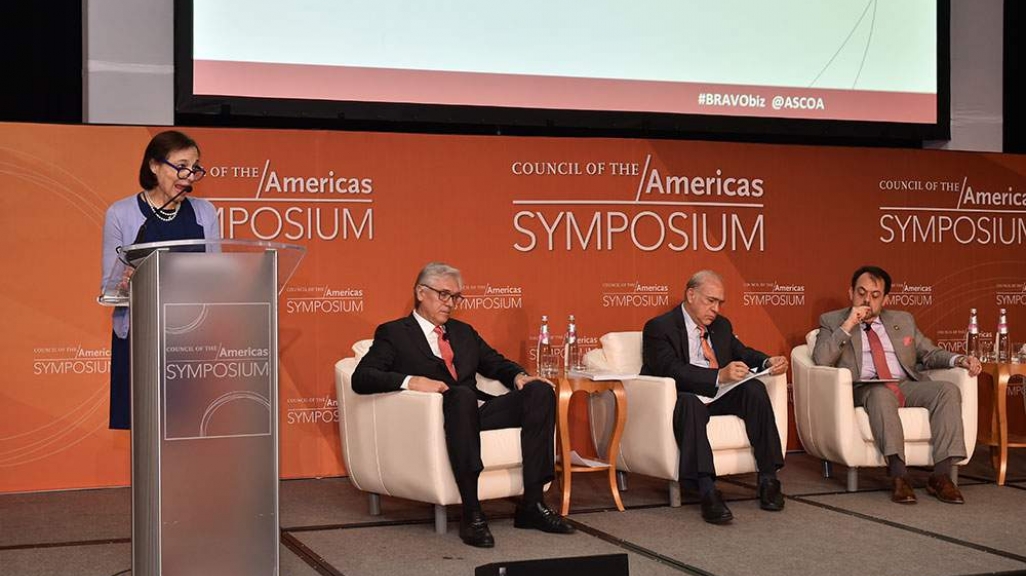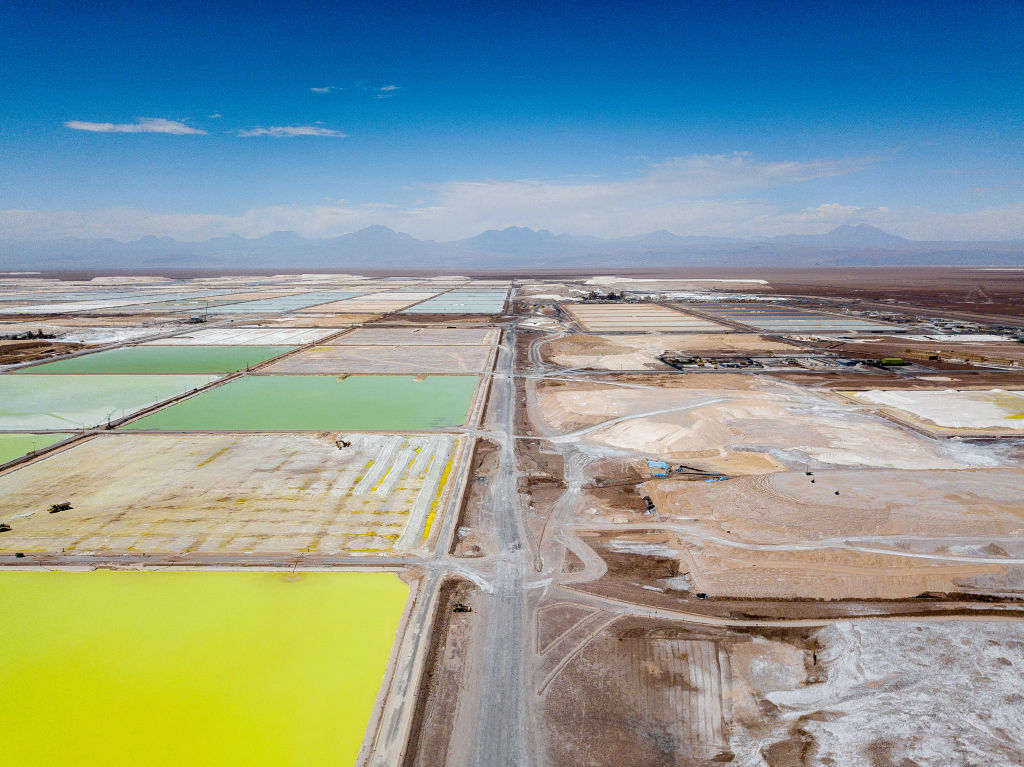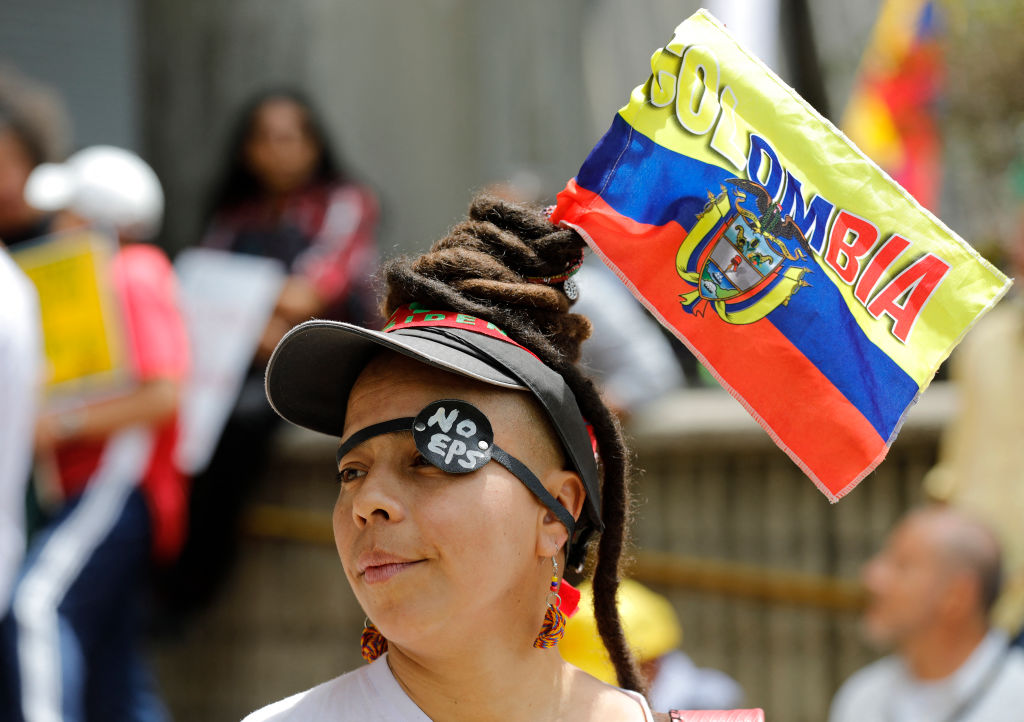#BRAVObiz Recap: COA Symposium Examines Latin America's Changing Business Climate
#BRAVObiz Recap: COA Symposium Examines Latin America's Changing Business Climate
CEOs and policy executives convened in Miami to share insights on topics ranging from adapting to a digital economy to social inclusion challenges.
Speakers:
- Alexander Mora, Minister of Foreign Trade, Costa Rica
- Angel Gurría, Secretary-General, OECD
- Luis Alberto Moreno, President, IDB
- Fernando González, CEO, CEMEX
- Andrés Conesa, CEO, Aeromexico
- Damián Scokin, CEO, Despegar.com
- Andrés Gluski, Chairman, AS/COA and President and CEO, The AES Corporation
- César Cernuda, President, Microsoft Latin America
- Susan Segal, President and CEO, AS/COA
- Katia Bouazza, Managing Director, Head of Latin America Capital Financing, HSBC Securities Inc
- James P. Scriven, CEO, Inter-American Investment Corporation
- Fernando Iraola, Managing Director, Head of Latin America Corporate Banking and Global Transaction Services, Bank of America Merrill Lynch
- Xavier Serbiá, Host, CNN Dinero
- Jorge Becerra, Senior Partner and Managing Director, The Boston Consulting Group
Vea la transmisión del simposio en español.
Learn more about the 2017 Council of the Americas Symposium and BRAVO Business Awards.
See social media highlights from the day.
AS/COA President and CEO Susan Segal opened the event by stressing the importance of the Symposium’s topic—how the digital era is transforming business in the Americas.
Following her remarks, AS/COA Chairman Andrés Gluski moderated the opening panel on sustainable growth with the OECD’s Angel Gurría and Costa Rican Trade Minister Alexander Mora. Gurría, recipient of the 2017 BRAVO Legacy Award, voiced some of Latin America’s challenges to boosting social inclusion and economic growth, saying that, despite regional improvements, there’s work to be done. “Let’s not be complacent with results achieved so far, because we were coming from behind,” he said, noting that 55 percent of Latin American workers are informal, meaning companies don’t invest in their employees and many workers feel limited loyalty to employers. Mora, whose country is working toward OECD membership, said Costa Rica seeks to make progress through economic efficiency, efficacy, and transparency.
MinistroMora en su participación en el simposio anual del @ASCOA #BRAVObiz pic.twitter.com/LilWX32m5H
— M. Comercio Exterior (@comexcr) November 3, 2017
In the subsequent discussion on corporate leadership in the digital era, moderator César Cernuda talked about why technology is about changing the culture of a company. Jorge Becerra of the Boston Consulting Group described the personal dimension, which puts customer needs at the center, as one of the main hurdles facing firms today. He also noted that he sees innovation increasingly coming from emerging markets rather than countries such as the United States. Transformation occurs in how a firm relates to the market and develops a superior customer experience, explained CEMEX CEO Fernando Gónzalez, who was also recognized as BRAVO’s CEO of the year. Despegar’s Damían Scokin said his first task is making his company aware that it has to constantly evolve and cautioned against making decisions based on what’s always been done.
Thinking about competition/innovation: "If you're not paranoid, you're someone else's lunch." - @Despegar's CEO at @ASCO's #BRAVObiz.
— Noah Downer (@NoahDowner) November 3, 2017
In the final panel of the day, CNN Dinero’s Xavier Serbiá moderated a discussion on facilitating cross border trade and investment in the Americas. Given growing anti-globalist sentiments in countries, panelists touched on potential future challenges. Aeromexico CEO Andrés Conesa, recipient of the 2017 BRAVO Visionary Leadership Award, says the U.S.-Mexico border is the most dynamic one in the world in terms of travel and warned that protectionism will hurt the United States as well. The Inter-American Investment Corporation’s James P. Scriven cautioned that there is a need to address the fact that many in the United States and the United Kingdom did not see the benefits of globalization. While protectionism is a concern, it’s necessary to prepare clients for different possible scenarios, explained HSBC’s Katia Bouazza. Merrill Lynch’s Fernando Iraola talked about the growing importance of China to Latin America’s economy, not just in terms of trade but also in terms of energy and natural resource investment.
Investment in education is critical for growth Fernando Iraola @MerrillLynch @ASCOA symposium pic.twitter.com/wj6sBIkVvJ
— Victoria Kenny (@VickyKennyMia) November 3, 2017
In a keynote address that closed the live broadcast portion of the day, the IDB’s Luis Alberto Moreno emphasized that Latin America can’t miss the digital revolution as it did in the case of the industrial revolution. To that end, he announced his institution’s new initiative for the private sector, BID Invest, which will serve to help the private sector participate in multilateral assistance with the goal of expanding business operations in Latin America. “We have the local knowledge and the experience to make these kinds of bets,” said Moreno of the IDB and the new program. (Download a pdf of his remarks.)
Hoy lanzamos @BIDInvest, la nueva identidad de nuestro brazo privado. Si tienes una idea audaz, queremos conocerla https://t.co/0zL8ZluMtM pic.twitter.com/16C74tJqjY
— Luis Alberto Moreno (@MorenoBID) November 3, 2017








